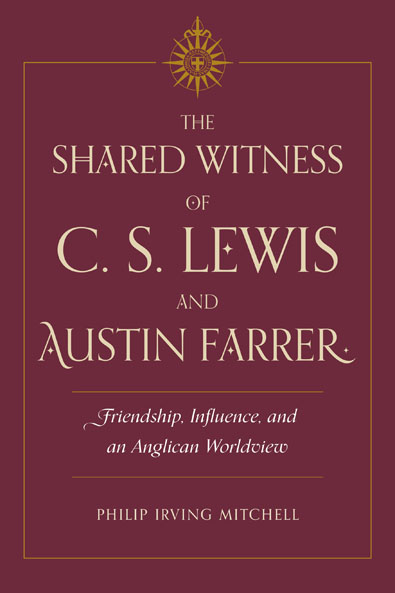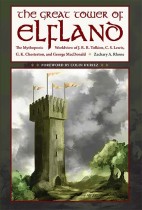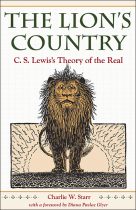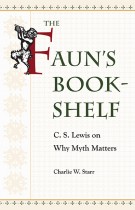The Shared Witness of C. S. Lewis and Austin Farrer
Friendship, Influence, and an Anglican Worldview
Literature & Literary Criticism, Tolkien, Lewis, and Inkling StudiesPhilip Irving Mitchell
A comparative study of literary friendship
C. S. Lewis and Austin Farrer were friends and fellow academics for more than 20 years, sharing both their Anglican faith and similar concerns about their modern world. Lewis, as Christian apologist and popular novelist, and Farrer, as philosophical theologian and college priest, sought to defend a metaphysically thick universe in contrast to the increasingly secular culture all about them.
The Shared Witness of C. S. Lewis and Austin Farrer explores a number of areas that demonstrate the ways in which Lewis and Farrer both intersected and influenced each other’s thought. Both insisted that myth prepared the heart for a sense of divine glory and even had a place in the Christian scriptures.
Farrer and Lewis prized virtue ethics as a key to human character and ethical problem solving, and they explored the relationship of nature and grace. In regard to the problem of evil, the two men shared much but also disagreed how best to account for an all-powerful loving God and a world full of suffering, and both writers were engaged with apocalyptic thinking—not only in Farrer’s commentaries and Lewis’s fiction but also in essays and sermons that addressed the eternal end and purpose of humanity.
Finally, as Philip Irving Mitchell shows, the worldview espoused and explored by Lewis and Farrer still speaks to our contemporary world, a post-secular society in which the supernatural may again be taken seriously.
Philip Irving Mitchell is associate professor of English at Dallas Baptist University, where he teaches early modern and modern humanities and directs the University Honors Program. A contributor to the Journal of Inklings Studies, Logos, Mythlore, Religion and the Arts, Seven, and Tolkien Studies, he has also had chapters included in Baptism of Fire: The Birth of Modern British Fantastic in World War I and Approaches to Teaching Tolkien’s The Lord of the Rings and Other Works.





